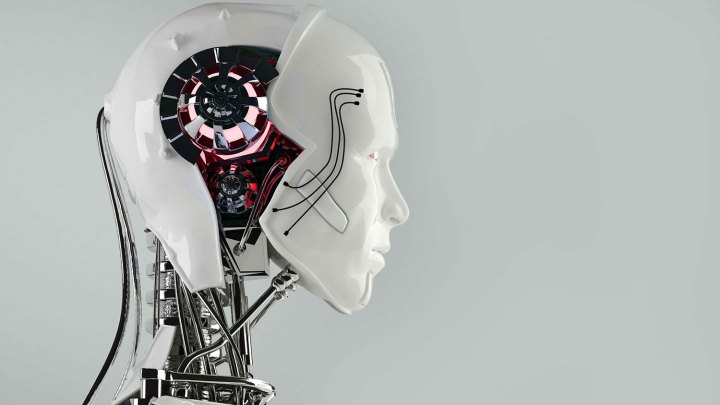
Google’s DeepMind is looking to change that. The London-based artificial intelligence company has developed a system that performs relatively simple tasks in a sophisticated — and increasingly human — way, reports the Guardian.
While plenty of programs can guide you through the subway, DeepMind’s differential neural network is one of the first systems to use external memory and deep learning to train itself autonomously, without the need for hard-coded instructions.
Deep learning has become the go-to method for machine learning over the past few years, achieving unprecedented success in tasks like image and speech recognition. A DeepMind-developed program called AlphaGo used deep learning to defeat one of the world’s best Go players earlier this year. Although these systems do very well at their specific task, though, they stumble with general skills.
“Until very recently, it was far from obvious how deep learning could be used to allow a system to acquire the algorithms needed for conscious deliberate reasoning,” Professor Geoff Hinton, considered the father of deep learning, told the Guardian.
To overcome this, DeepMind integrated its system with an external memory that enabled it to retain relevant information and use this data as a human would use his or her own working memory.
The AI was able to determine the quickest route between London underground stops and navigate its way around the notoriously complicated subway system, according to a study published in the journal Nature. It also performed relatively well on basic reading comprehension tests.
“I’m wary of saying now we have a machine that can reason,” Google DeepMind researchers Alex Graves told the Guardian. “We have something that has an improved memory — a different kind of memory that we believe is a necessary component of reasoning. It’s hard to draw a line in the sand.”
Regardless of semantics, programs that demonstrate basic reasoning may one day replace more limited systems like Siri, and may be seen as a development towards a form of AI that better resembles the human mind.


